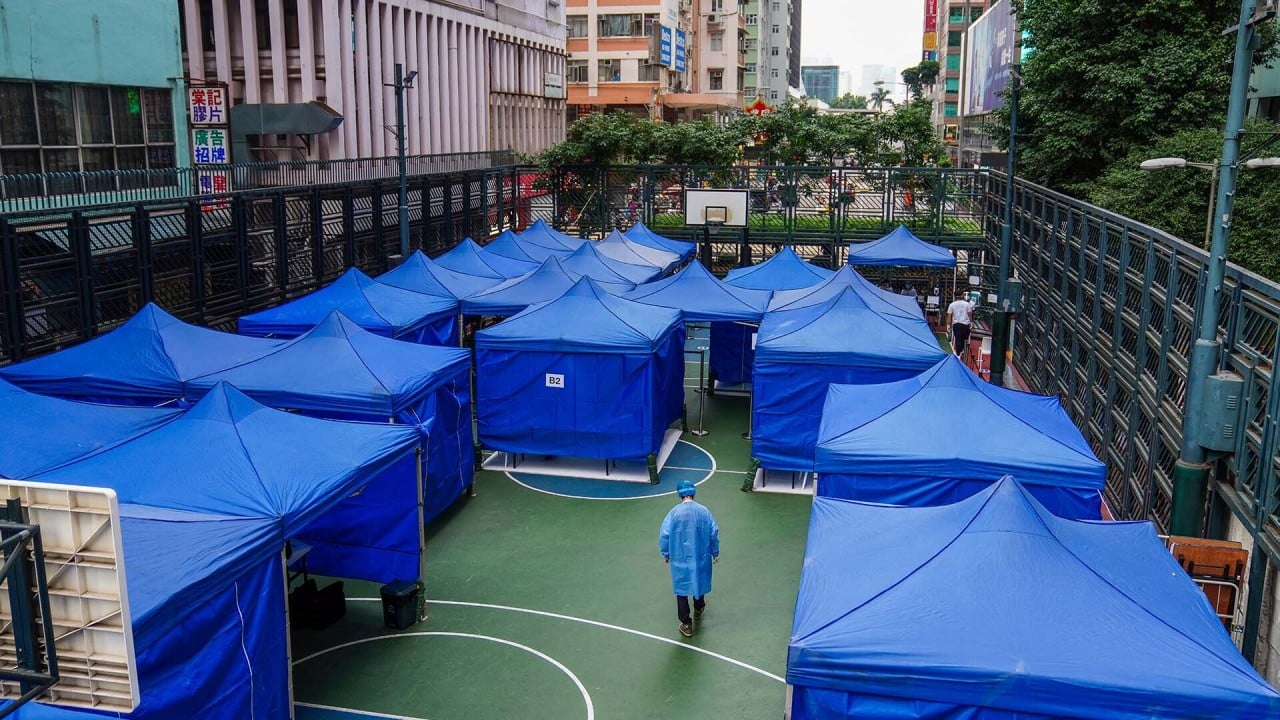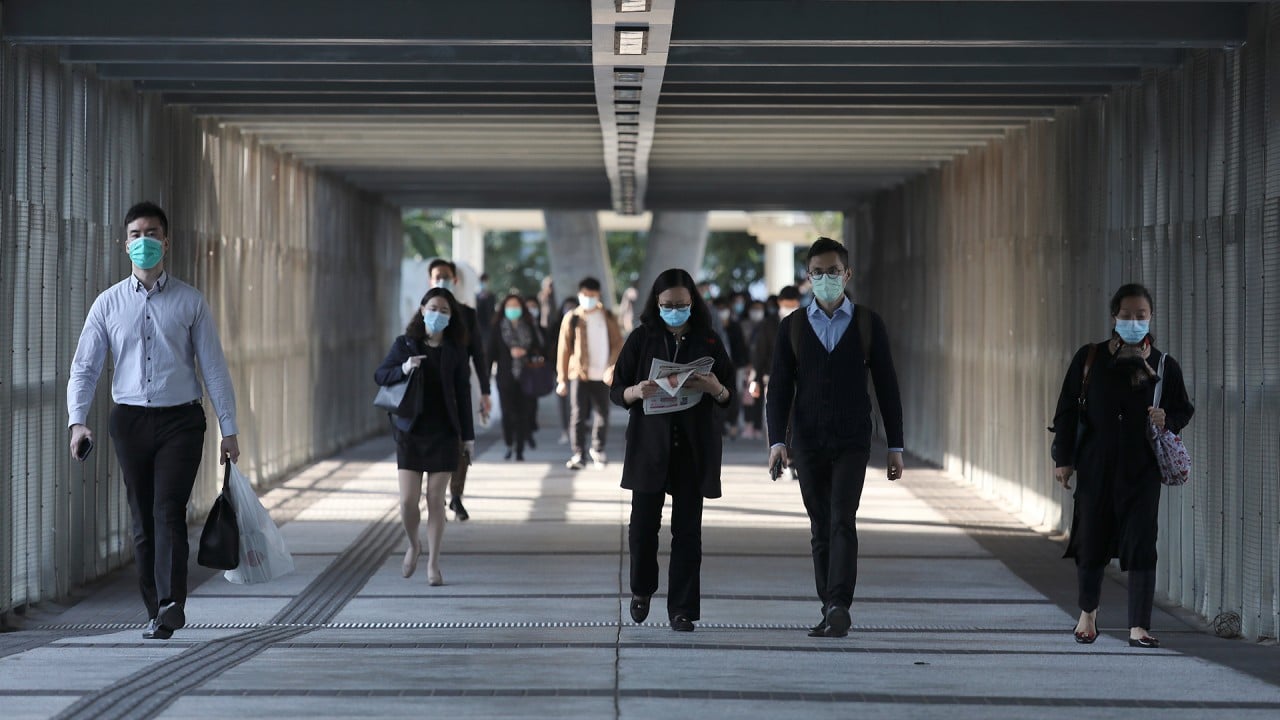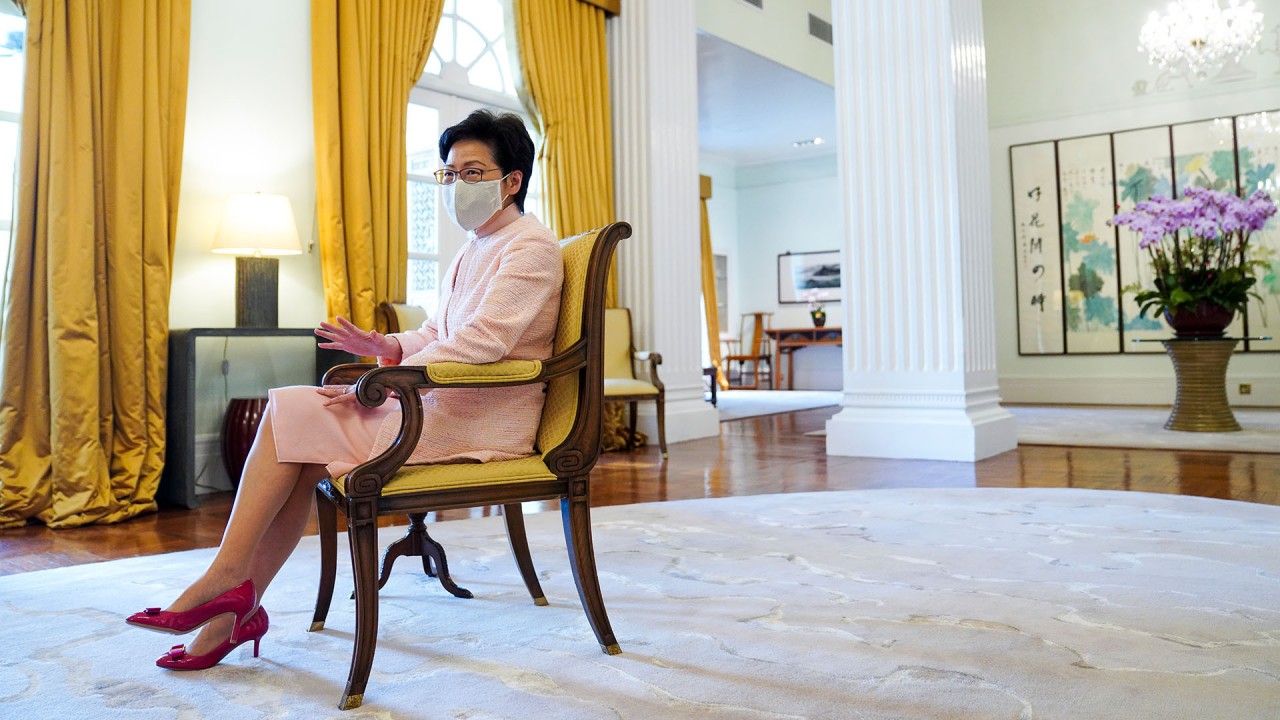
Hong Kong’s malls adapt to fourth wave, tackle bleak Christmas season with dining and shopping offers and promotions
- Fourth wave continues to deal a great blow, particularly to F&B tenants, Swire Properties executive says
- Retailers, F&B operators and even developers have accepted that this is the fourth wave and that a fifth wave will also come: head of retail at JLL
Hong Kong mall operators are not sitting back in the face of the city’s fourth wave of coronavirus infections, and have come out with innovative ways to promote their tenants, particularly restaurants.

02:02
Fourth wave of coronavirus cases in Hong Kong prompts tougher Covid-19 measures
Swire’s Pacific Place in Admiralty and Cityplaza in Taikoo Shing have launched discounted e-vouchers for selected F&B and retail brands. Cityplaza and Citygate Outlets are also set to unveil a collaboration with food delivery service Deliveroo to boost spending.
Additionally, the developer has tried to enhance the shopping experience in its malls by tapping augmented reality technology, so shoppers can take photos with Santa Claus, enjoy online storytelling sessions and handicraft workshops. Other events include launching an exclusive Instagram filter for shoppers to take selfies with and a lucky draw.

02:15
Hong Kong tightens social-distancing measures to cope with fourth wave surge of Covid-19 cases
Such initiatives suggest the industry has been adapting to the pandemic, analysts said.
“What I have observed is that the latest wave is less impactful, with retailers and F&B operators and even developers accepting that this is the fourth wave and that a fifth wave will also come. This is now the new norm and they need to find a way to survive,” said Oliver Tong, head of retail at JLL in Hong Kong.

04:52
Hong Kong leader Carrie Lam to get tough on Covid-19 prevention measures cases surpass 100
Although the current wave and lockdown are very similar to those back in July and August in terms of restrictions, a lot of shopping malls, especially luxury shopping malls, have launched programmes for Christmas shopping, said Emily Leung, senior analyst at Euromonitor. “These different malls have been trying to use different sorts of Christmas programmes to attract traffic, so I do feel the impact of this lockdown is not as negative for retail stores,” she added.
Moreover, malls and retailers are not alone in adapting to a new normal of lockdowns and social distancing. Consumers have also changed their shopping habits, according to Veronica Wang, partner at consultancy firm OC&C.
“I would not say that this latest round of lockdown measures has the biggest impact,” she said. “It’s been almost a year of this pandemic, and consumers have got used to it so they’re better prepared for this than they were early on this year.”
“Some say that retailers may not need a physical space in the future, but I don’t believe that,” said JLL’s Tong. “After going through 14 days of quarantine, all I wanted to do was go out and eat, and exercise. People will be the same, people like interaction. We might even need more retail space in the future, so retailers can provide better customer experience.”

